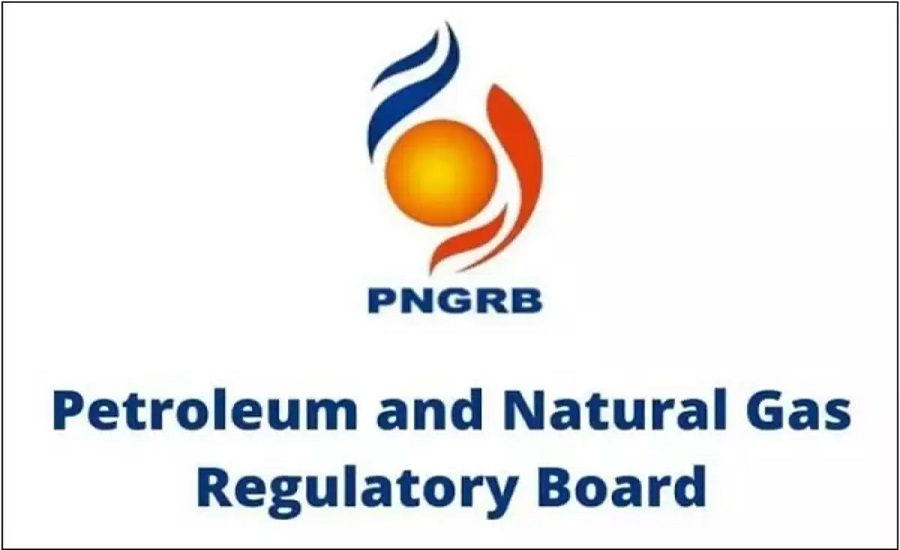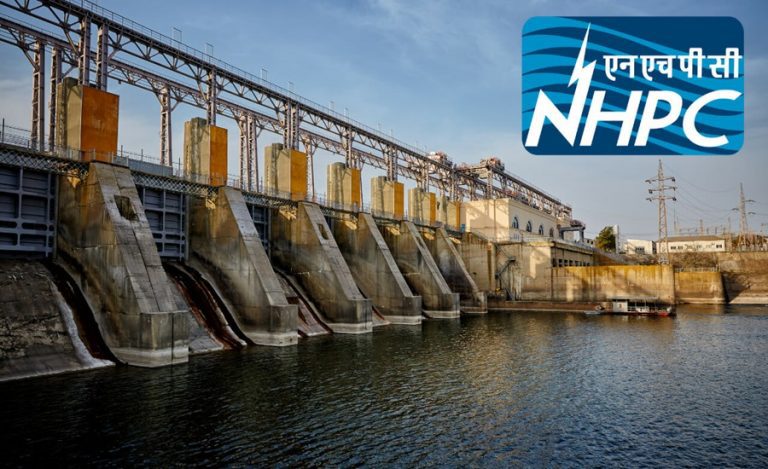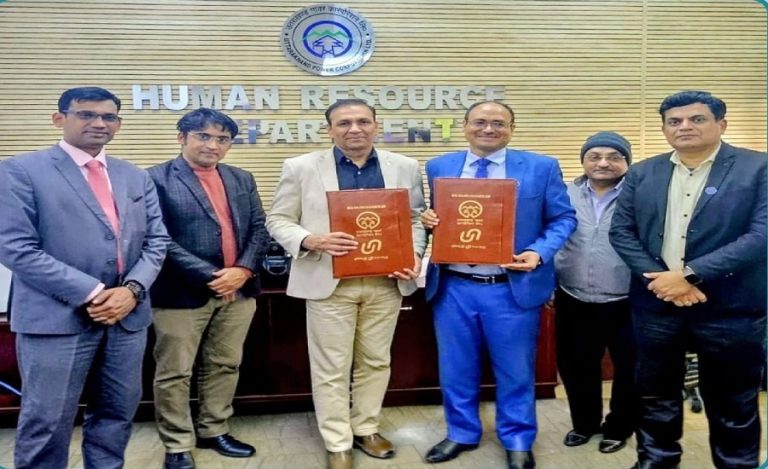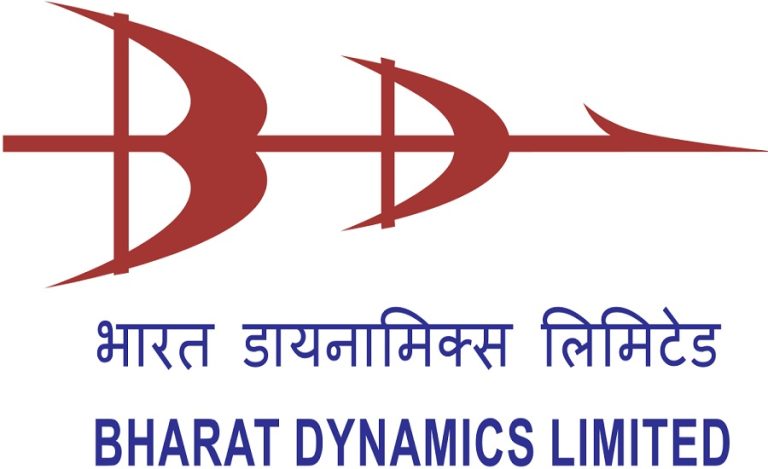New Delhi: The Petroleum and Natural Gas Regulatory Board (PNGRB) has announced a sweeping reform agenda under its Action Plan for 2025–26, unveiling major initiatives aimed at enhancing transparency, efficiency, and sustainability in India’s petroleum and natural gas ecosystem. At the heart of this roadmap is the creation of a regulated petroleum products exchange, a pioneering move to bring structured trading to petrol, diesel, and refined fuels—mirroring the success of gas trading exchanges.
Petroleum Products Exchange: A New Era of Market-Based Pricing
The proposed Petroleum Products Exchange will offer a competitive, transparent platform for refined fuels trading, with the aim of improving price discovery and aligning supply-demand dynamics. It will be driven by PNGRB’s Strategic Planning Division and is expected to enhance efficiency and investor confidence in the downstream sector.
The move is part of a broader vision to modernise petroleum marketing, similar to the way Indian gas markets have evolved through trading hubs and tariff reforms.
Read Also: PNGRB Unveils Plan for Emergency Response Centers to Boost Industrial Safety in Petroleum Sector
Infrastructure Monetisation and Marketing Reforms
PNGRB will also roll out a marketing framework for petroleum products and prepare a comprehensive monetisation plan for petroleum and natural gas (P&NG) infrastructure. These efforts are designed to unlock investment, improve asset utilisation, and reinforce supply chain efficiency.
Additionally, a National Distribution Logistics Plan will be developed to ensure cost-effective, last-mile fuel delivery across the country, especially in underserved regions.
‘One Nation, One Tariff’: Unified Gas Tariff Rollout
In a landmark market reform, PNGRB will implement a unified pipeline tariff system for natural gas—dubbed “One Nation, One Tariff”. Overseen by the Commercial Division, this shift will eliminate regional pricing disparities and deepen market access, especially for remote industrial zones and tier-2/3 cities.
This reform is expected to boost industrial decarbonisation, encourage gas adoption, and enhance the competitiveness of domestic production relative to imported LNG.
Co-Retailing at CNG Stations and Bio-Gas Expansion
The Strategic Planning Division is working to enable co-retailing of petrol and diesel at existing CNG and LCNG stations, which would maximise retail infrastructure and improve consumer convenience.
In the bio-energy segment, PNGRB’s CBG Division aims to link over 130 Compressed Bio-Gas (CBG) plants to city gas distribution (CGD) networks via pipelines by March 2026. A centralised digital platform will track CBG procurement and offtake, while new Renewable Gas Certificate regulations are being prepared—pending legal backing to bring CBG under regulatory purview.
Hydrogen Readiness and GHG Monitoring
The Technical and Coordination Divisions will lead efforts to develop hydrogen blending safety standards and establish a Hydrogen Testing Loop Bed in partnership with IITs and the National Green Hydrogen Mission.
Simultaneously, the Sustainability Division has been tasked with implementing greenhouse gas (GHG) monitoring across CGD and pipeline networks and evaluating the use of electric compressors to cut emissions.
Digital Oversight and Resilience
The 2025–26 roadmap also focuses on digital integration, real-time monitoring, and transparent governance to support India’s transition to a cleaner, more resilient energy infrastructure. These efforts will lay the foundation for attracting private capital, streamlining regulation, and enhancing consumer trust.
Read Also: PNGRB Proposes Indian Oil for Andaman & Nicobar Gas Infrastructure Development
About PNGRB
The Petroleum and Natural Gas Regulatory Board (PNGRB) is India’s statutory regulator for the petroleum and natural gas sector, established under the PNGRB Act, 2006. It is responsible for regulating refining, transportation, distribution, marketing, and sale of petroleum products and natural gas, ensuring fair trade practices, consumer protection, and fostering investment in infrastructure. PNGRB also oversees pipeline tariff structures, licensing of city gas distribution networks, and facilitates the development of a competitive and transparent energy market in line with national energy goals.




























